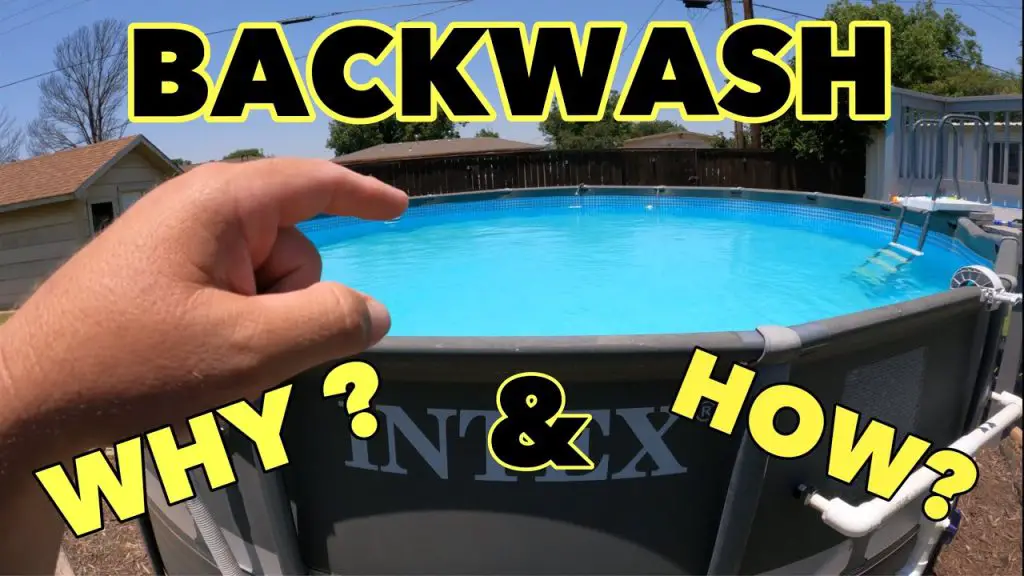Backwashing your above ground pool is an essential maintenance task that helps keep the water clean and clear. It involves reversing the flow of water through the pool’s filter to flush out dirt and debris that have accumulated. In this guide, we will walk you through the step-by-step process of backwashing an above ground pool to ensure your pool stays sparkling and inviting for a refreshing swim.
Step 1: Turn off the Pool Pump
Before you begin the backwashing process, make sure to turn off the pool pump. This is crucial to prevent any damage to the system and ensure your safety during the procedure.
Step 2: Locate the Backwash Valve
Next, locate the backwash valve on your pool’s filter system. It is typically positioned near the filter tank and is connected to the waste line.
Step 3: Connect the Backwash Hose
Attach a backwash hose to the backwash valve to direct the dirty water away from the pool. Make sure the hose is securely connected to prevent any leaks.
Step 4: Set the Filter Valve to Backwash Mode
Turn the filter valve to the “backwash” setting. This will redirect the flow of water through the filter in the opposite direction, flushing out the debris trapped in the filter media.
Step 5: Turn on the Pool Pump
After setting the filter valve to backwash mode, turn on the pool pump to start the backwashing process. You will notice dirty water being expelled through the backwash hose.
Step 6: Monitor the Backwash Process
Keep an eye on the color and clarity of the water being discharged through the backwash hose. Once the water runs clear, it indicates that the backwashing is complete.
Step 7: Rinse the Filter
Once the backwashing is done, switch the filter valve to the “rinse” setting. This will flush out any remaining debris and ensure the filter is clean and ready to resume normal operation.
Step 8: Turn off the Pool Pump
After rinsing the filter, turn off the pool pump and set the filter valve back to the “filter” setting. This will return the water flow to its normal filtration mode.
Step 9: Check the Pressure Gauge
Check the pressure gauge on the filter system to ensure it is within the recommended range. If the pressure is too high, it may indicate a clog in the system that needs to be addressed.

Credit: www.youtube.com
Step 10: Dispose of the Backwash Water
Dispose of the dirty backwash water in a suitable drainage area away from the pool to prevent it from re-entering the pool or contaminating the surrounding area.

Credit: www.zagerspoolspa.com
Step 11: Regular Backwashing Schedule
It is recommended to backwash your above ground pool on a regular basis to maintain optimal filtration efficiency. The frequency of backwashing will depend on factors such as pool size, usage, and water quality.
Benefits of Backwashing
Regular backwashing offers several benefits, including:
- Improved water clarity
- Enhanced filtration efficiency
- Extended lifespan of pool equipment
- Prevention of algae growth
Conclusion
Backwashing your above ground pool is a simple yet effective maintenance task that plays a crucial role in keeping your pool water clean and inviting. By following the steps outlined in this guide and establishing a regular backwashing schedule, you can ensure your pool remains a refreshing oasis for you and your family to enjoy.



